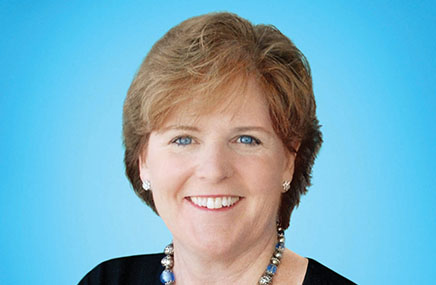Lynn O’Connor Vos
chief executive officer, ghg (Grey Healthcare Group)
Dramatic changes are on the horizon in healthcare. The Affordable Care Act (ACA) is changing the way healthcare works. Today’s environment is being transformed by new players, new media, new technologies and new regulatory, access and communications demands.
So what does this mean for pharmaceutical companies? How can agencies help?
ghg conducted a market assessment study across the life-sciences industry to uncover the most burning issues among our client base. A common set of concerns emerged—responding to healthcare reform; transitioning to the new commercial model; and integrating digital into communications plans.
The ACA links payment incentives with patient outcomes. This creates a value assessment model that puts the patient at the center. As the population ages and chronic-disease increases, patients are more involved in their healthcare and are searching for more decision-making support. Technology has evolved to where it can effectively facilitate patient education. These tools are critical as we face the most significant drop in practicing physicians in history.
A new approach—let’s call it Marketing 3.0—calls for thinking in parallel rather than following the linear path of traditional paradigms. It recognizes that favorable outcomes are essential for regulatory approval. But it acknowledges that both the government and commercial payers require clear proof of economic value. And it provides a road map for aligning organizations across discipline-specific silos.
Underpinning all aspects of the new model is digital strategy. As digital innovation transforms how health is managed, clients want agencies with competencies that drive brand advocacy, empower healthcare professionals, facilitate healthier outcomes for patients and ultimately maximize business results for clients.
Gone are the days when pharmaceuticals could manufacture products that the market would systematically embrace. To succeed today, marketers must communicate health value. They need advisors that bring consumer insight, economic savvy and a strong focus on healthcare delivery. The companies that embrace the changing model will win. And the agencies that can bring that deep strategic support will reap the benefits.
From the June 01, 2013 Issue of MM+M - Medical Marketing and Media







